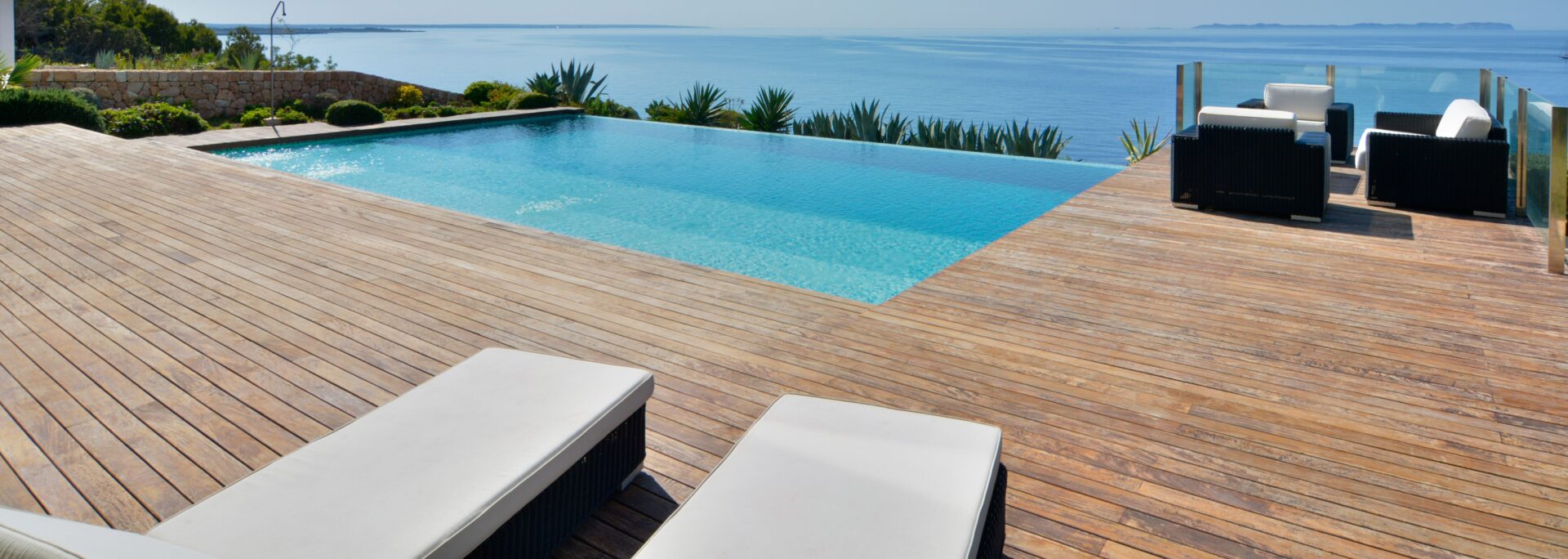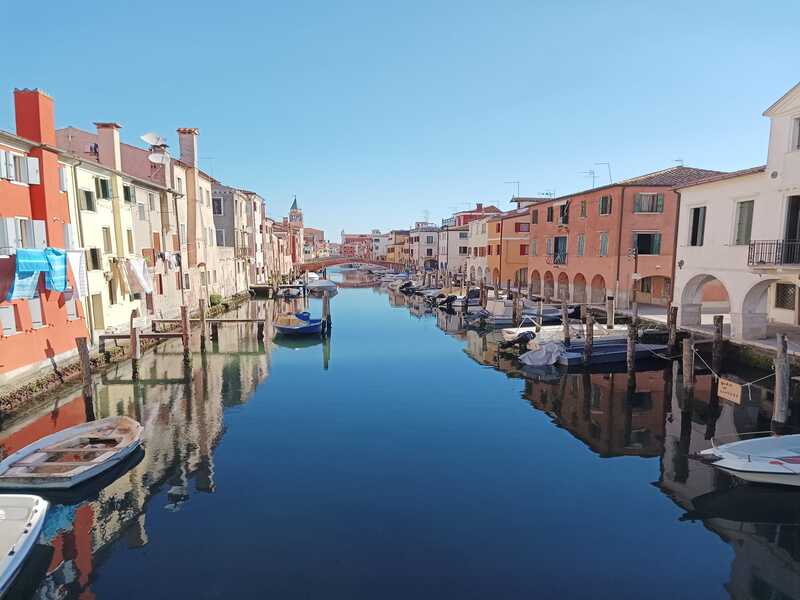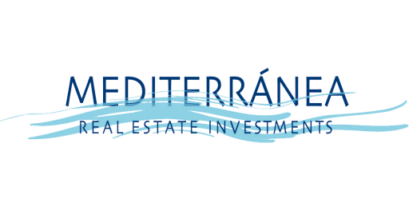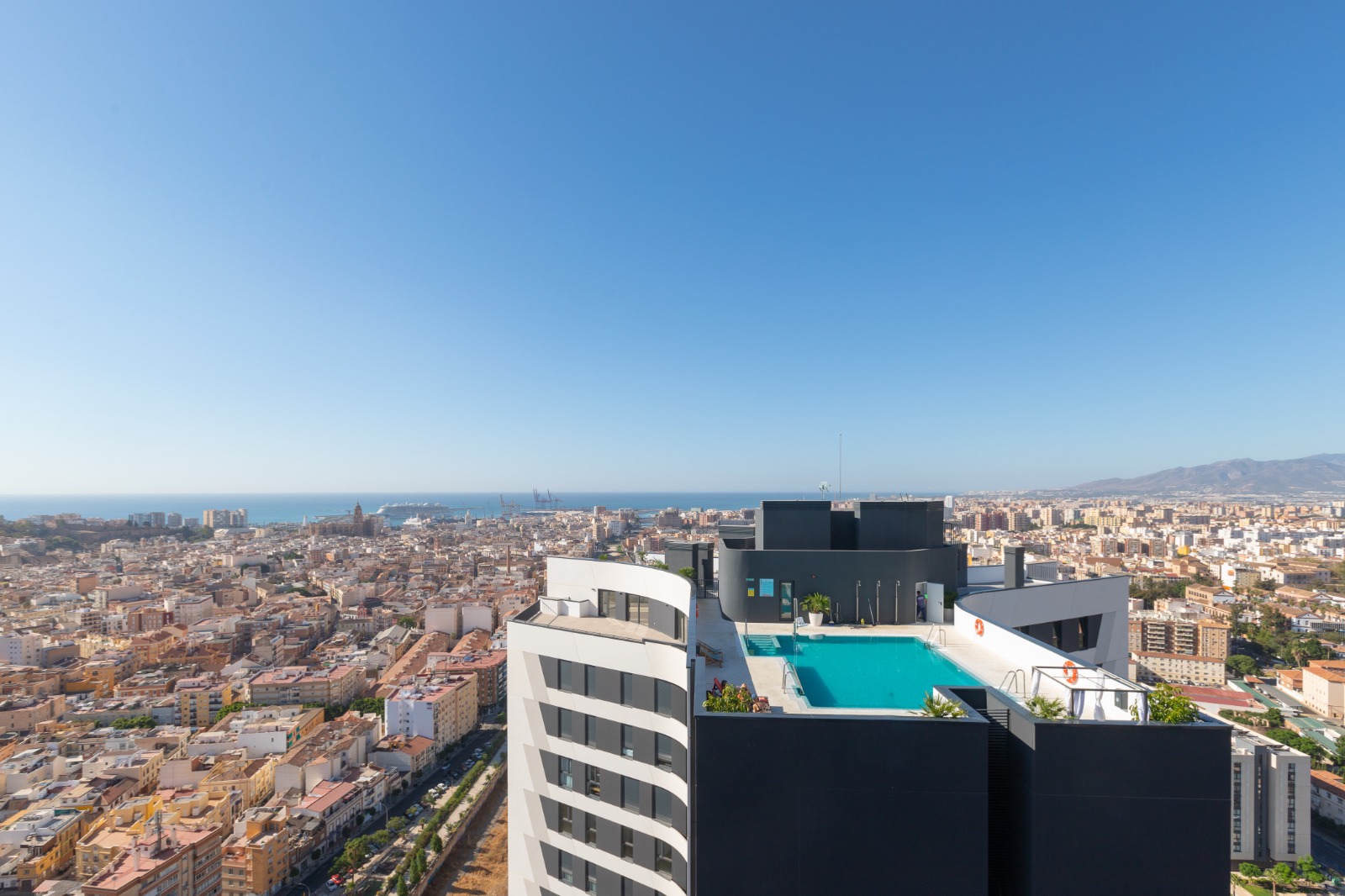
Lucie Pilipová Gaffi, Managing Partner of the real estate company Mediterranea Real Estate Investments, has been professionally involved in the sale, purchase and rental of real estate abroad for twenty-four years. What does she recommend to those interested in investing in a second home by the sea and why did she herself decide to buy a terraced house by the Venetian lagoon?
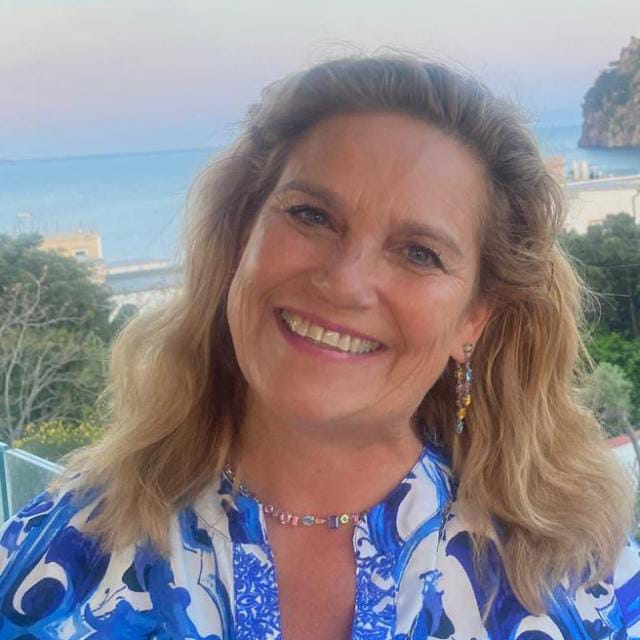
"Having an interesting return on investment and using it yourself for your own second home abroad is a good solution."
says Lucie Pilipová Gaffi, Managing Partner Mediterranea Real Estate Investments
Lucie, how did you get into your current role and what do you enjoy most about it?
It actually all started 25 years ago when we as a family owned our first property in Spain and friends started contacting me to help them find something too. That was the first impulse and gradually, as interest from other clients grew, I decided to set up a company and pursue real estate abroad professionally. By already running a “second home” myself and knowing what to know, what to do and how to arrange it, I could start helping others to fulfil their dream of a property by the sea. After all, that’s why the name Mediterranea, meaning the Mediterranean area and Meditteranea Real Estate Investments are Mediterranean real estate investments.
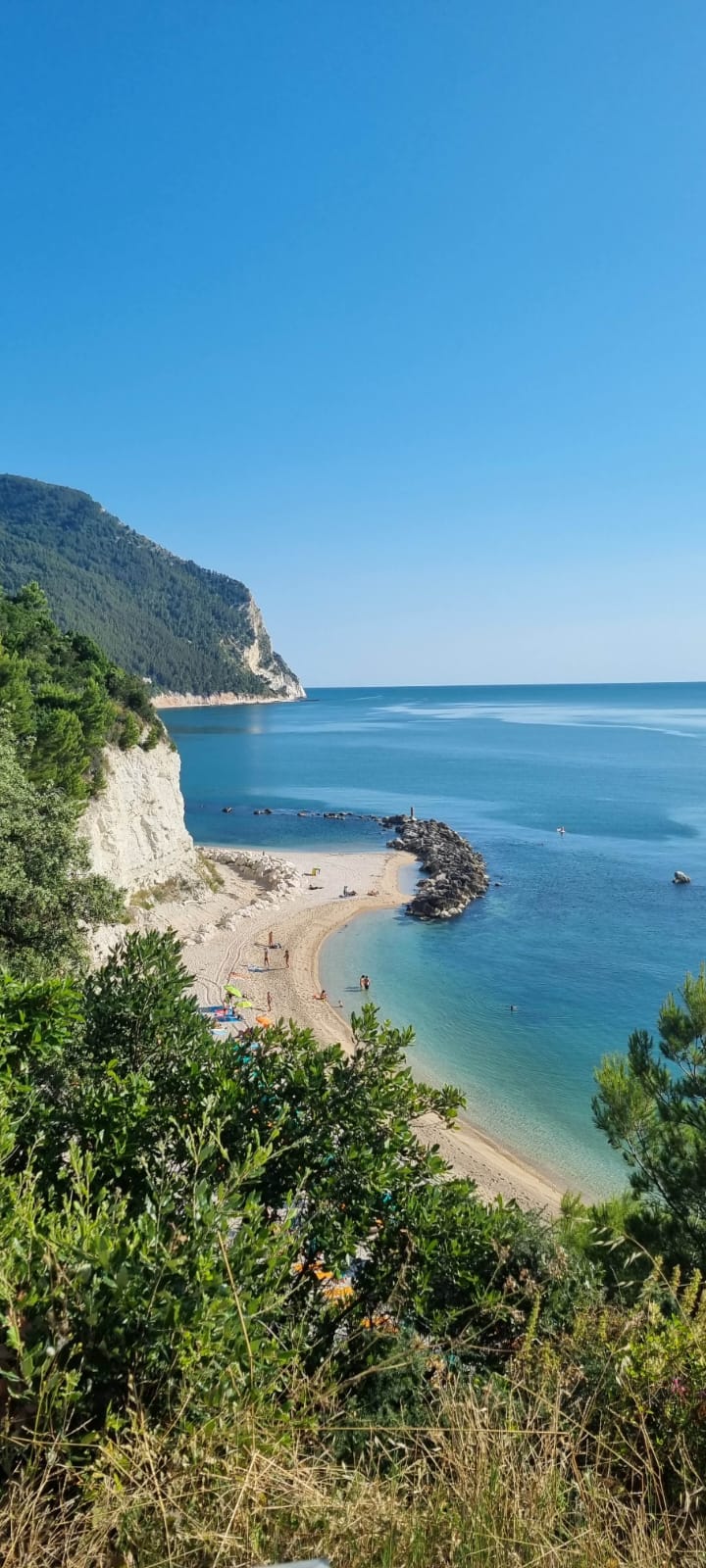
How do you choose the destinations in which you offer properties?
At Mediterranea, we initially offered properties in multiple countries, but I’m fairly conservative, so I focused on areas that were very traditional, not too exotic and not unexplored-we offered Greece, Spain, Italy, France, Portugal and Florida in the US. That’s how we started, and it’s actually only in the last five years that I’ve decided to narrow down the selection for Czech and Slovak clients (who are the majority of clients) to the most sought after countries in the Mediterranean, which are Spain, Croatia and Italy.
How is the interest of Czech clients in buying property abroad developing?
It is important to say that the development since 2000, when I founded the company, has shifted a lot in in the sense that people were initially looking more or less for retirement housing, the age category of clients was around 60 years of age and above. This has changed a lot, the structure and investment preferences of clients are different. Today, the typical client is between 40 and 50 years old, often younger, and they want to have a property not just as a second home, but mainly as an investment where they measure their financial return, and they take it as having money in a property abroad in this way.
What criteria do clients most often use when making their choice?
In most cases, the client asks about the location, the possibility of short-term rentals and the expected real ROI (return on investment), i.e. return on investment. A very interesting criterion I would mention is that clients often buy properties similar to those they inhabit in the Czech Republic or Slovakia – if someone likes a modern design style, they are looking for the same in their second property abroad. It’s not usually the case that a client who lives in an ultra-modern house will choose a rustic property, and if they do choose one, they want it to be completely modern inside, renovated with the design features they are used to from their home or other owned properties.
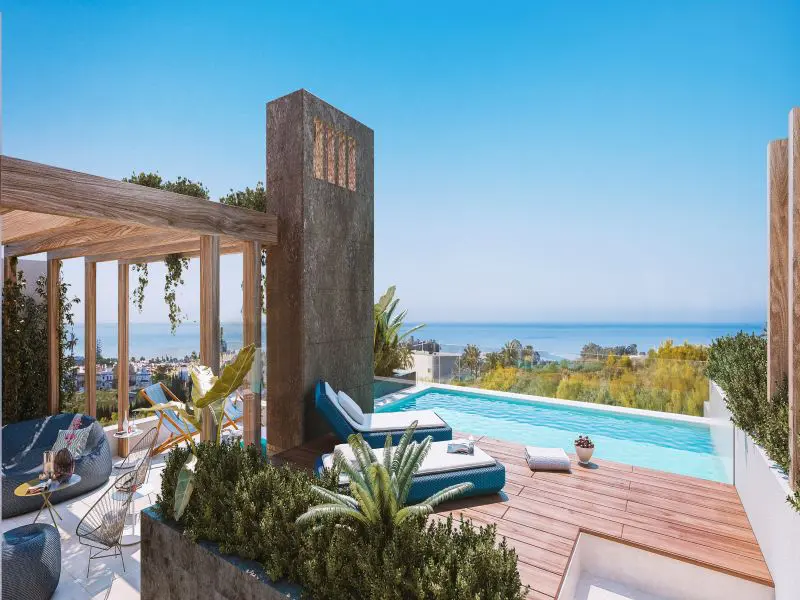
Mediterranea offers modern, well-designed properties
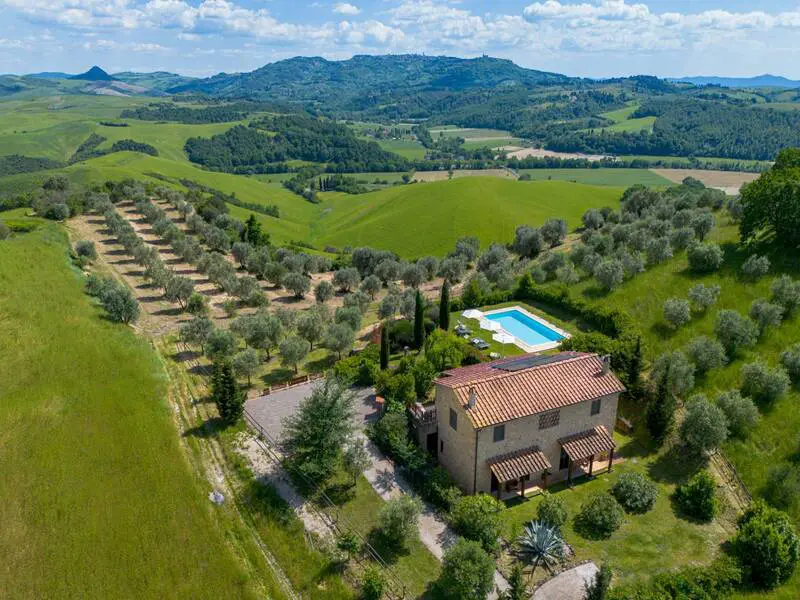
…as well as typical stone houses surrounded by olive trees and vineyards.
What are the main challenges and benefits of owning property abroad?
Owning a property abroad is a challenge in a way because every new owner has to realise that they are operating outside the territory they are familiar with, legally, financially or tax-wise, and these are of course essential aspects. He has the same obligations as here – property tax, income tax, and profit tax, but then there are also costs that are unexpected abroad, which must be taken into account. From this point of view, it is therefore essential to understand and study very well what all owning a property abroad entails.
On the other hand, owning a property abroad is a very pleasant affair, especially if you are renting, because it is a kind of combination of the pleasant and the useful. Having an interesting return on your investment and using it yourself for your own purposes or within the family is advantageous, because the rental income can significantly offset the operating costs and even make a profit. Moreover, the sea, the sun and the heat are also logically very impressive elements for us Central Europeans!
How is the process of buying a property abroad different compared to the Czech Republic? Are there any major differences that clients should look out for?
The fundamental difference when buying a property in Southern Europe is that you become the owner of the property on the day you sign the purchase contract. The notary, who is a kind of guarantor of the legal act of purchase, immediately after signing the contract registers the new owner in the land register online and he therefore becomes the de jure owner of the property. You become the de facto owner of the property a few weeks later, when the property is then only administratively transferred to your name in the land registry books.
The process in the Czech Republic is completely different, because here the ownership is transferred after a few weeks. For foreign purchases in Spain, for example, payments are very often handed over by handing over the issued bank cheques directly at signing, bank transfer is less common. Also, bank or notary custody of money is not much used.
What do you offer to your clients as part of your services?
As part of our services, we not only offer our clients the search for a suitable property, but due to our 25 years of experience in Southern Europe, we can also offer legal, tax and financial advice. We are self-evidently able to mediate legal services, while at the same time, after the acquisition of the property, we also offer assistance with the furnishing of the property, mediation of rental companies, firms of accountants and tax advisors and so on. We also have clients who come back to us when they buy another property, or we even help them sell the property they bought with us.
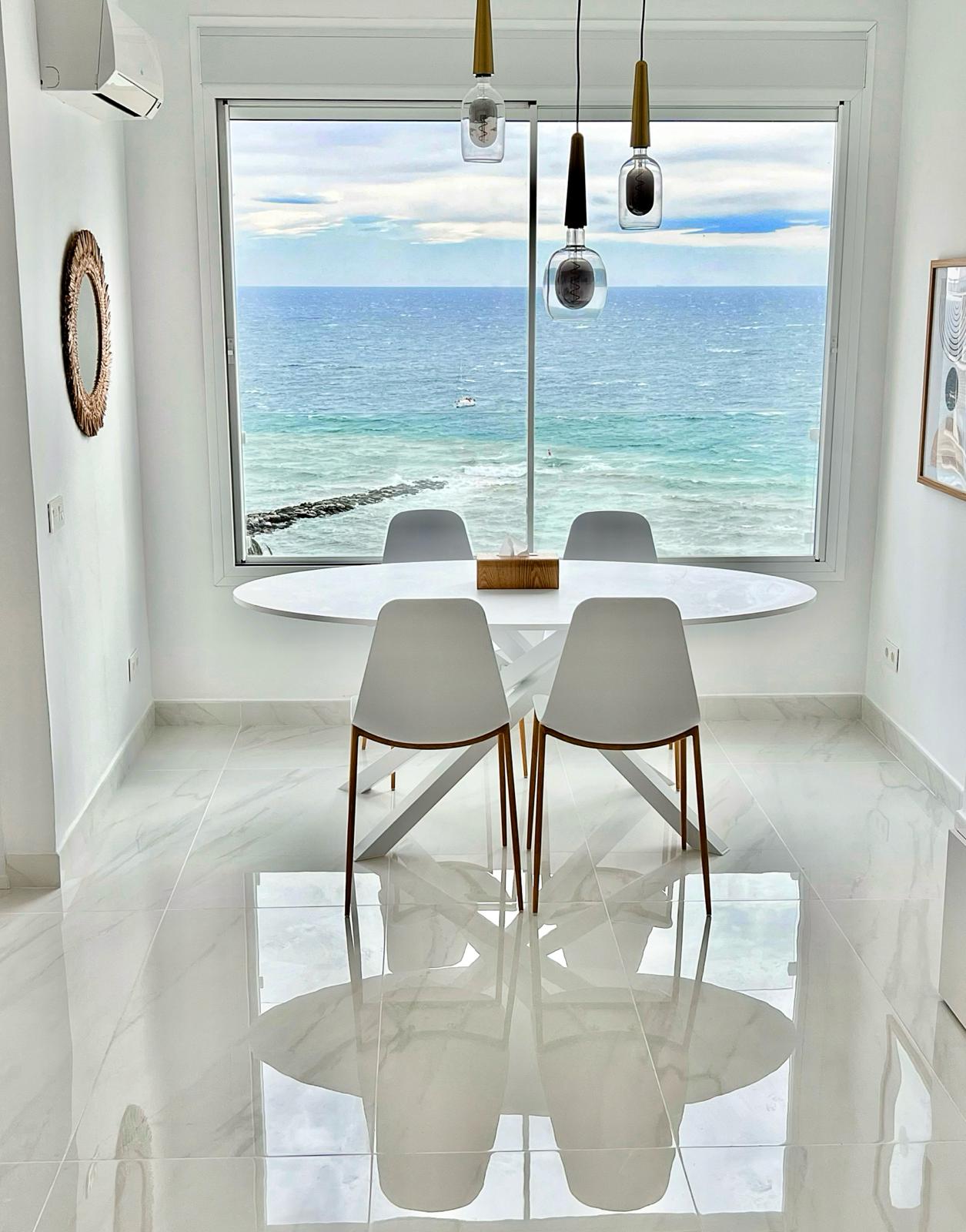
What was your motivation for buying your own property in Italy?
I had been looking for a smaller, purely investment property for about two years. Although Spain, and especially the capital Málaga, was the logical choice because of the high return, I ended up choosing Italy because of the relatively low cost and the interesting annual return.
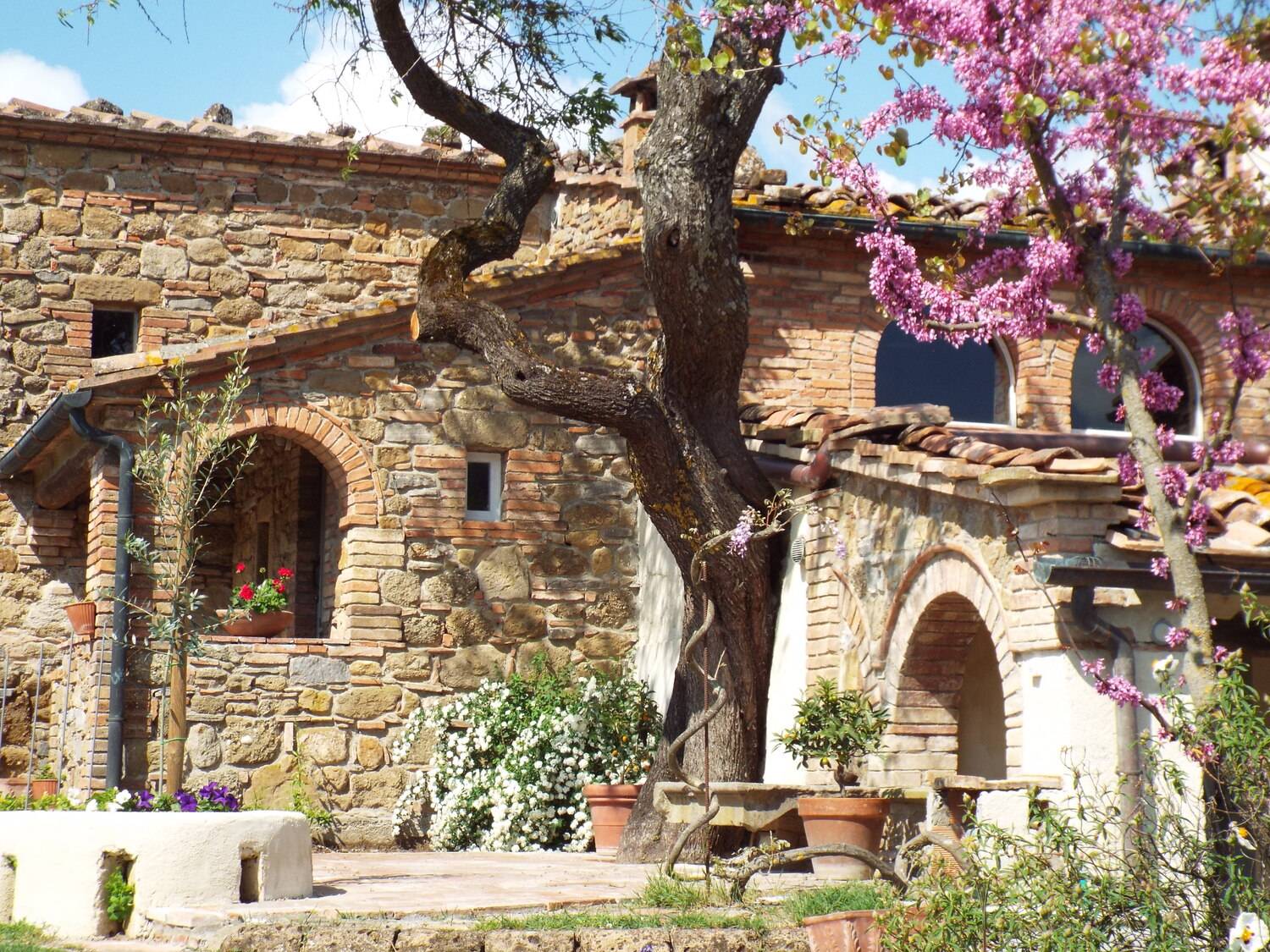
Why did you choose Italy and the Veneto region?
I chose Venice because I have a lot of trust in destinations that are year-round and have such interesting rental potential. In addition, I sold a typical canal property just in Chioggia, situated on the Venetian lagoon, to a client and this gave me the opportunity to get to know the area in depth and understand how it works. I liked the fact that, unlike other places in Italy, it is not a place that operates only from May to September, but is year-round and promises a more interesting income. At the same time, I liked that the place is always lively, the locals are very friendly and open and the infrastructure and services are there all year round. Plus the emotion – whenever you get on a typical boat vaporetto and ride the lagoon to Venice! It’s just always an amazing experience!
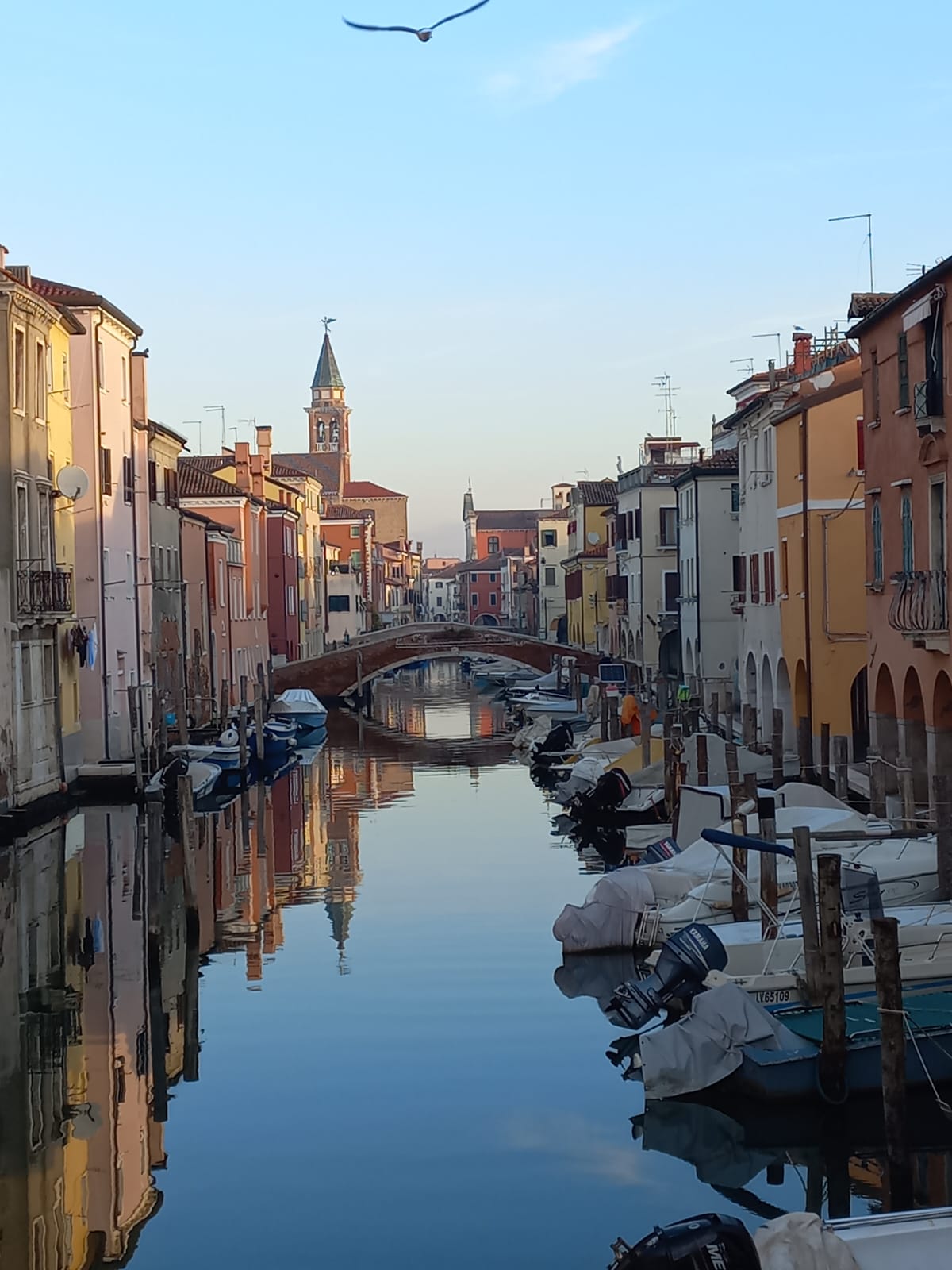
How do you use your house? Is it more of a family vacation home or do you rent it out when you’re not there?
It’s definitely an investment property for me, so I rent it out myself through the classic and proven big online portals. Only if there’s a vacancy, I’ll go there in person to check everything and stay for a weekend.
How long did the process of buying your property take?
From the selection to the signing of the purchase contract, it was about a month and a half, which is about the usual time. This is usually the case in all the countries we offer, this time is common in Italy, Croatia and Spain.
Did you encounter any complications that you didn’t expect?
I can say that nothing major surprised me. Generally in Italy, if any part of the property is built or modified without permission, the owner-seller must negotiate a remedy – that is, to remove the defect. Thus, for example, a small bathroom with a toilet built by mistake had to be redrawn in the technical layout of the apartment, the seller paid a surveyor who arranged everything at the office, had to pay a small penalty for not requesting permission in advance and thus everything was regularized. The notary himself is examining these matters and it is not possible to sign a purchase contract without this regularisation, the so-called “systematisation” of the property.
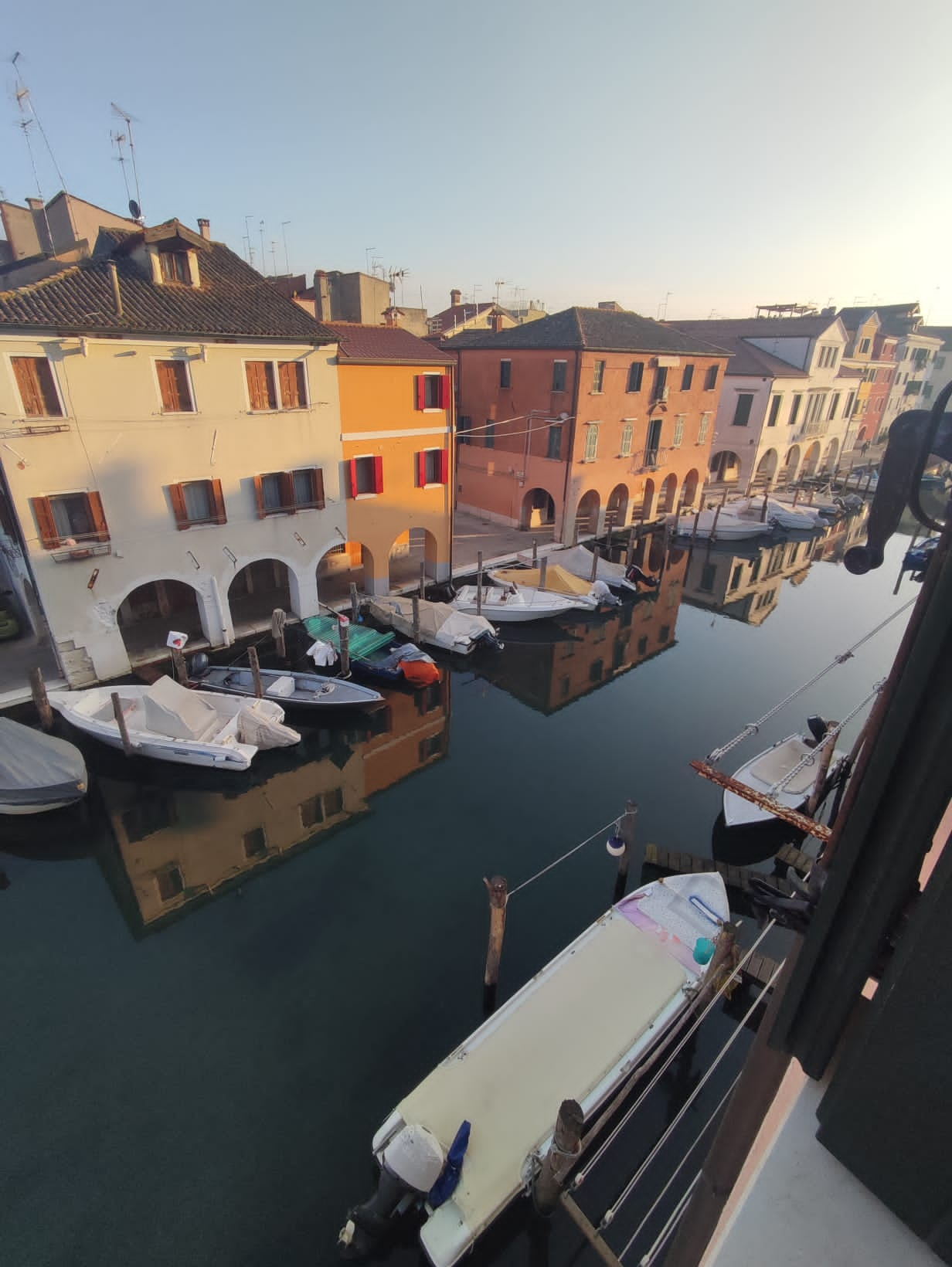
How do you think the real estate market in Italy will develop? Did you take this into account when choosing a destination for your investment?
Yes, I did, because it is obvious that property prices in Veneto are still significantly lower than before the 2008 crisis. If the Italian economy goes up in the future, real estate will also see an increase in prices. In any case, the Veneto-Veneto area is, in my opinion, significantly undervalued and so you can find properties at very low prices. If someone wants to invest in and around the Venetian lagoon, they won’t go wrong, provided of course that they find a property at a good price. On the other hand, there are also places, especially by the sea, where new projects are already quite expensive. There, one has to be careful, because the season in seaside resorts in Italy is generally shorter than in southern Spain, for example, and one has to choose the place to buy so that one can count on a certain return on investment.
You mentioned the high return on investment in Malaga. In your opinion, is the Costa del Sol also interesting for investment?
Southern Spain is undoubtedly a good choice for a foreign property investment. Not only because of the annual average price growth of 7-10% in recent years but also because Andalusia and its Costa del Sol have become one of the most sought-after areas for second homes in Europe over the last half-century. Not only because of its pleasant climate but also because of the quality of services, the very good infrastructure and the friendliness to the demands of foreigners who stay there just year-round. In this respect, Spain has certainly made much more progress in the last 30 years than the Italy I mentioned. Moreover, Malaga as such is a very popular year-round destination for short-term tourist stays and thus very interesting in terms of return on investment in real estate there.
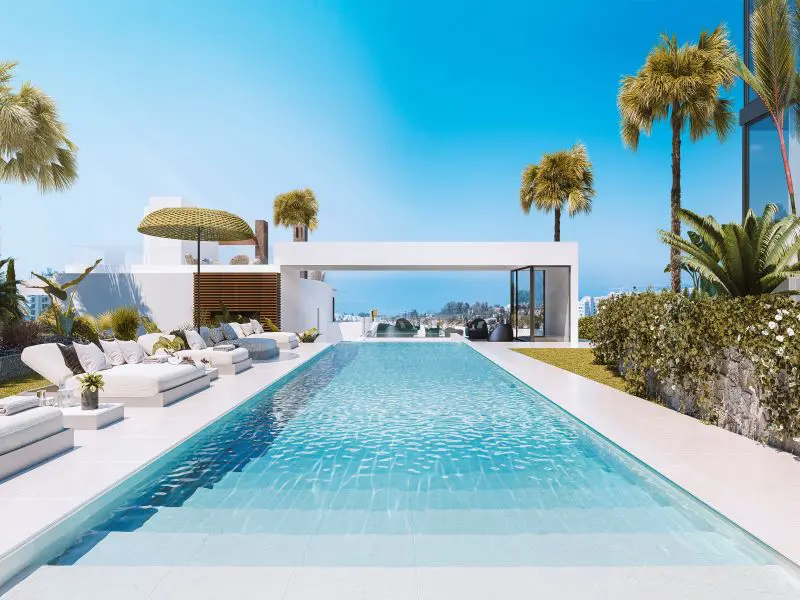
What would you recommend to people who are thinking about buying abroad?
Anyone who decides to buy a property abroad should decide at the outset whether their primary concern is profitability or whether they want to combine the use of the property with a certain return on their investment. The location and type of property should then be chosen according to these parameters. The latter may be fundamentally different from some emotional ideas about this purchase compared to the reality. Often, clients end up buying an investment property that may not be quite their “cup of tea” but still makes them an interesting return. Or they decide to buy a dream property that they didn’t originally plan to rent out, and end up putting it on the market in the summer, for example, because it will cover their operating costs for the year. In general, however, it should be said that buying a property abroad should ideally be seen not only as a pure investment. Instead, it should be seen as an interesting combination of a financial investment with the possibility of using it for your own living and thus fulfilling your dream of acquiring a second home by the sea.
Read on:
(for more infromation about an article please click on a photo below)

